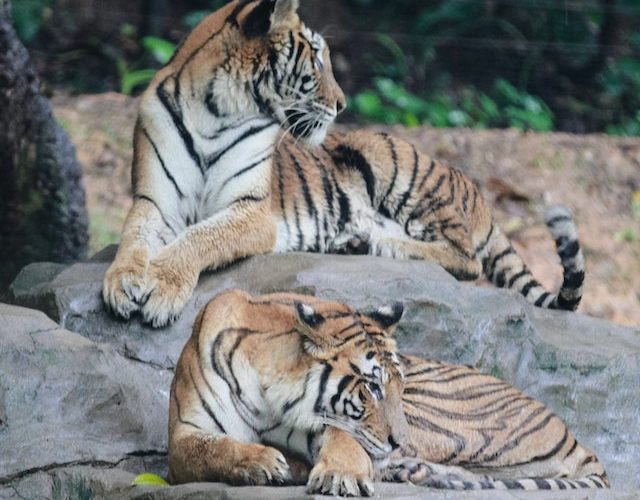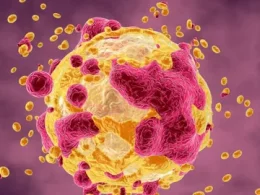Introduction:
When we think of dangerous animals, images of apex predators like lions, sharks, or snakes often come to mind. However, it may come as a surprise that the animal responsible for the most human deaths is far less menacing and more inconspicuous. In this report, we delve into the statistics and uncover the truth behind the surprising culprit. Prepare to be amazed as we reveal the unexpected creature that claims more lives than any other.
The Mighty Mosquito:
While it may seem unbelievable, the humble mosquito reigns supreme as the deadliest animal on the planet. According to the World Health Organization (WHO), mosquitoes are responsible for an estimated 725,000 human deaths every year. These tiny insects, measuring only a few millimeters in size, carry and transmit deadly diseases such as malaria, dengue fever, Zika virus, and West Nile virus.
Malaria’s Heavy Toll:
Malaria, transmitted through the bite of an infected mosquito, is the primary cause of death attributed to these tiny creatures. It is a parasitic disease that affects millions of people worldwide, particularly in sub-Saharan Africa. The WHO reports that malaria alone claims the lives of over 400,000 people annually, mostly young children under the age of five.
The Global Impact:
The impact of mosquito-borne diseases extends far beyond the loss of human lives. These diseases also cause significant economic burdens, particularly in developing countries. Malaria, for example, hampers productivity, strains healthcare systems, and impedes economic development. The burden falls disproportionately on the most vulnerable populations, perpetuating a cycle of poverty and ill health.
Efforts in Disease Prevention:
Recognizing the severity of mosquito-borne diseases, global health organizations, governments, and NGOs have launched extensive campaigns to combat them. Initiatives include widespread use of insecticide-treated bed nets, indoor residual spraying, and targeted mosquito control measures. Additionally, research is being conducted to develop more effective vaccines and treatments for diseases like malaria.
Challenges and Future Prospects:
Despite significant progress, challenges remain in the fight against mosquito-borne diseases. Factors such as insecticide resistance, climate change, and urbanization pose ongoing threats. Furthermore, access to effective prevention measures and healthcare facilities in remote areas remains a concern.
However, advancements in technology and scientific research offer hope for the future. Innovative approaches such as genetic modification of mosquitoes to render them incapable of transmitting diseases and the development of novel vaccines show promise in the battle against these deadly insects.
Raising Awareness:
Raising awareness about the impact of mosquitoes and the diseases they carry is crucial in combating this global health threat. Education, community engagement, and sustainable funding for prevention and treatment efforts are key to reducing the number of deaths caused by these tiny but deadly creatures.
Conclusion:
In a world filled with ferocious predators and formidable creatures, it is the unassuming mosquito that claims the title of the deadliest animal on Earth. Responsible for hundreds of thousands of human deaths each year, these tiny insects serve as vectors for deadly diseases like malaria. The battle against mosquito-borne diseases requires a multi-faceted approach, including prevention, research, and community engagement. By understanding the true magnitude of their impact, we can work together to protect vulnerable populations and strive towards a future where mosquito-related deaths are a thing of the past.












